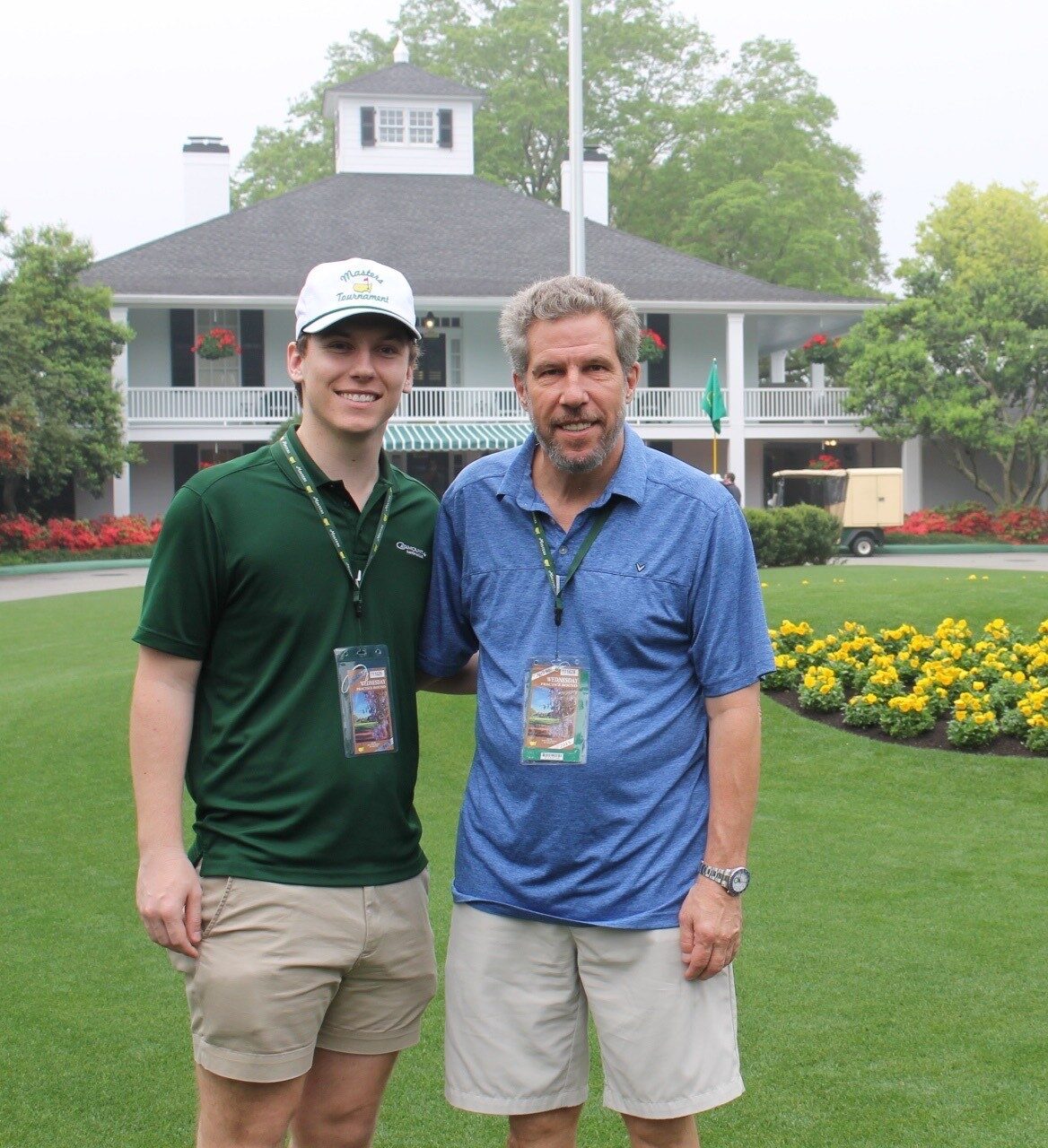
The Legacy
April 11, 2024
This is a guest post by Christopher Wood, Jr, son of the KCA’s late Board Chair and friend, Dr. Christopher…
Read More
Caregiving is a complex, challenging, sometimes heartbreaking, often rewarding responsibility. In honor of National Family Caregivers Month, we asked several people for their insights and best tips on caregiving. Read what they shared below. Sign up for monthly newsletters and read the special edition on caregiving now.
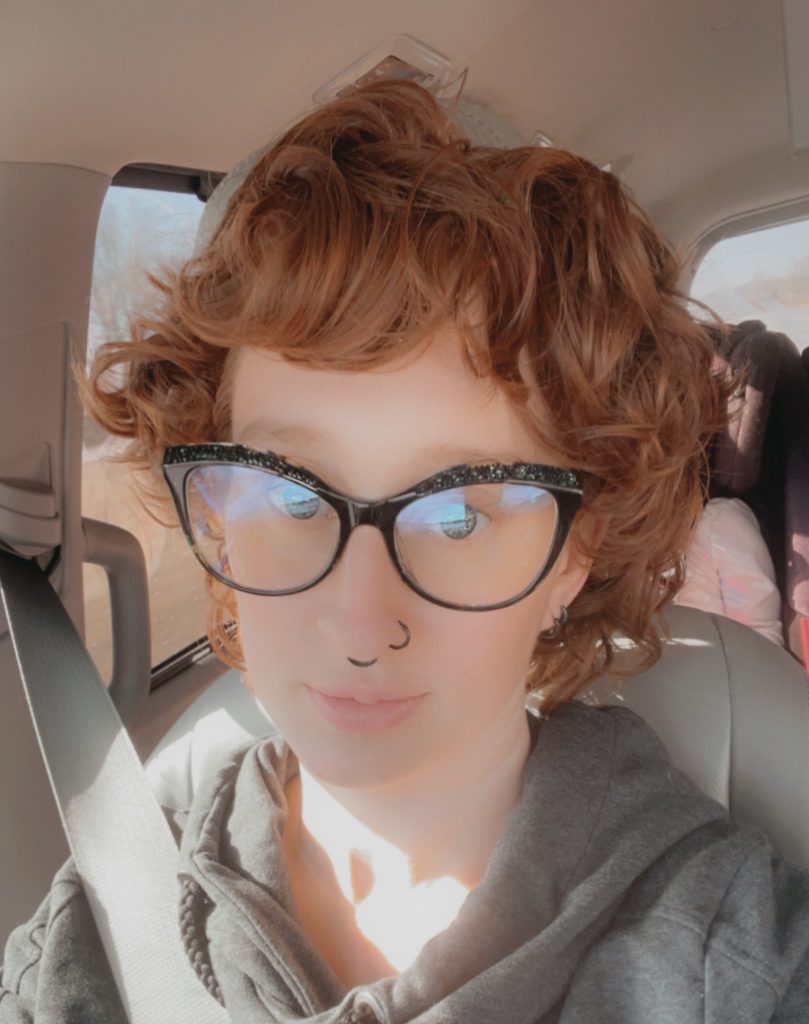
What is the most meaningful thing a caregiver can do to give support?
The most meaningful thing a caregiver can do to support is listen and remember there will be days you can’t give your all. They have to be ready and willing to give 75% on the days you can only give 25%.
What is the one thing caregivers should avoid when providing support?
One thing caregivers should avoid is assuming their loved one is “fine” just because they have a good day, be it mentally or physically.
Which type of support did you wish you would have received during treatment and recovery?
I wish I would have had support for my husband (my caregiver) because when we were in the thick of it, everything happened so fast that we didn’t have time to know it was available.
What was the most helpful thing someone did for you during cancer treatment and recovery?
Honestly? My husband stayed by my side. It sounds simple and trivial, but things were difficult for us with 3 kiddos and I couldn’t work. We are just now celebrating 5 years of marriage so knowing he truly loved me enough to stay when we were at our lowest, helped me get through it and continue to. I couldn’t have done it without him.
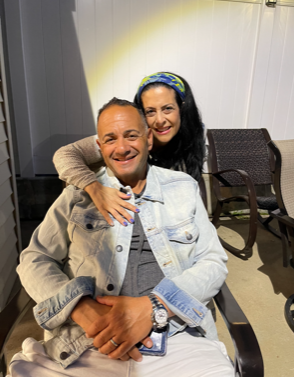
What is the most meaningful thing a caregiver can do to give support?
Try to gain as much knowledge as possible about the patient’s illness. This can relieve some stress in trying to figure things out on their own.
What is the one thing caregivers should avoid when providing support?
Saying everything is going to be ok
Which type of support did you wish you would have received during treatment and recovery?
My support group was top notch. I wouldn’t have changed a thing.
What was the most helpful thing someone did for you during cancer treatment and recovery?
Joining kidney cancer support group forums & constantly asking questions. This was EXTREMELY helpful!!
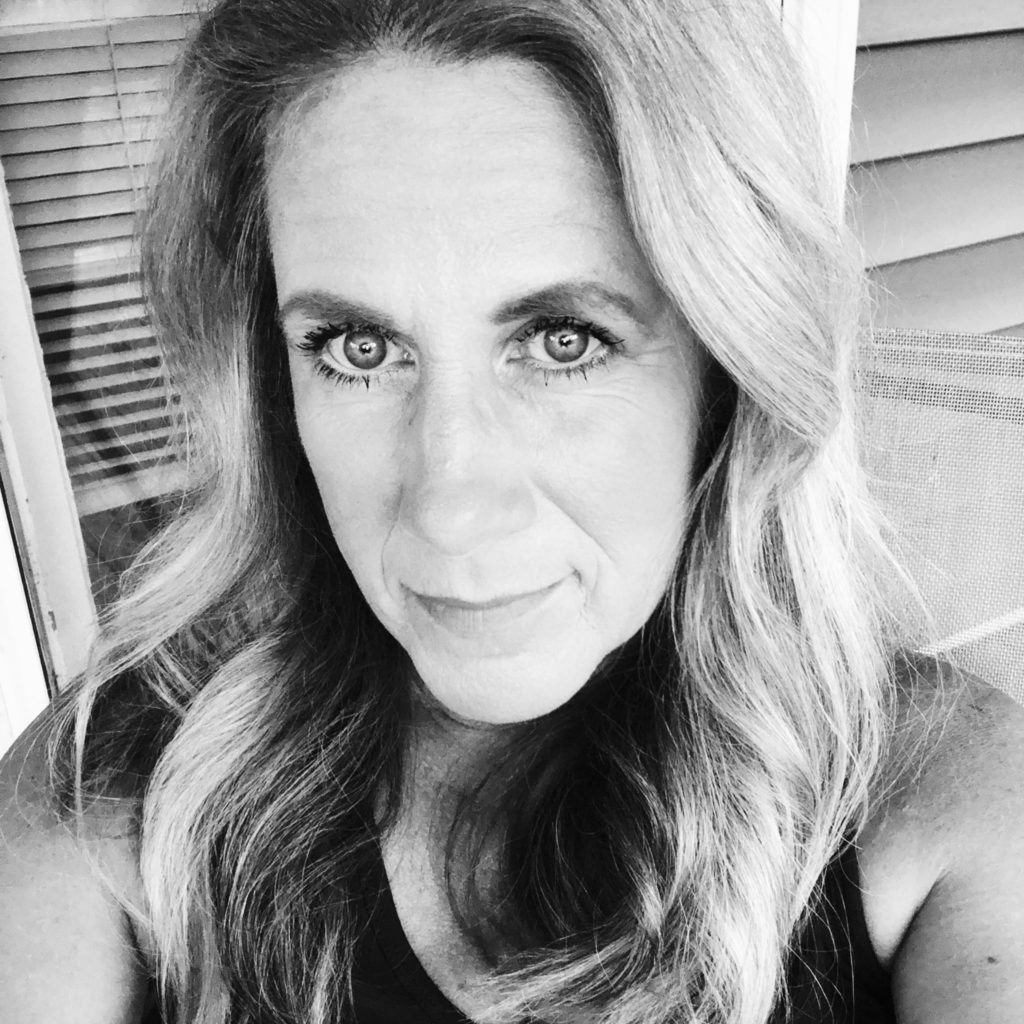
What is the most meaningful thing a caregiver can do to give support?
Stay positive. Listen. I think it’s easy as a caregiver to “over” care. Offer to much advice, push too hard. It’s important to be there, but sometimes back off when appropriate. Encourage normal life. Get out! Enjoy the day! Have fun!
What is the one thing caregivers should avoid when providing support?
See above. Pushing too hard. Forcing things like eating. There is a way to encourage without being pushy and frustrating.
Which type of support did you wish you would have received during treatment and recovery?
I was VERY fortunate to have a loving husband who knew exactly what to say, when to press and when to back off. I lost my amazing husband to cancer in 2021. So we had switched and I was his caregiver for 10 months. I used to be so scared I would beg him to eat, get up and walk etc… I know I did it for all of the right reasons, but he would get so upset and irritated. I wish I had taken a different approach.
What was the most helpful thing someone did for you during cancer treatment and recovery?
Gave me space to direct my own care. Sometimes I would push myself too hard and learned a lesson quickly that I needed to slow down. I was given a safe space to make those mistakes which I think was important.

What is the most meaningful thing a caregiver can do to give support?
Dealing with a kidney cancer diagnosis is largely a lonesome affair because the threat of a more proximal death is aimed only at the patient. However, a caregiver who is additionally motivated to learn about the disease itself, and the paths to survival associated with the varying stages, can help provide hope. This should include the hope of even escaping from the most serious situations. Indeed, it’s wrong for even any doctor to say there is not a cure, as I was initially told upon learning of my stage IV status. A certain number of patients attain the designation “No Evidence of Disease” and, therefore, are potentially cured. Therein lies the hope that, in turn, the caregiver must help to convey by providing examples and unveiling studies.
What is the one thing caregivers should avoid when providing support?
It’s important to not use the caregiver perch to take on overall decision-making, since the patient must remain the ultimate decider. That said, it is important for the caregiver to also not prolong debate over decisions. It seems that some patient-caregiver partnerships fail to be decisive regarding the medical options on offer, leading to delays in treatments, sometimes to the point of missing out on any of their potential benefits. Such opportunities can be lost because cancer typically does not wait.
Which type of support did you wish you would have received during treatment and recovery?
Time becomes a priceless commodity for patients who still work full time, but must attend multiple medical appointments each week. Caregivers can be most helpful taking on the many other regular chores we all face. We all have administrative tasks, such as bill-paying, annual taxes, and completion of other financial commitments. Likewise, many households typically share the regular maintenance chores, which may include meals preparation, laundry and shopping. With more help in these areas, the patient can focus on the medical necessities. I personally add time for research to the appointment obligations I have – all in an effort to find a path out of my predicament. Digging through incredibly esoteric studies is very time consuming. If the caregiver wants to join in with this, all the better.
What was the most helpful thing someone did for you during cancer treatment and recovery?
Most helpful is when someone gives substantive explanations of not only our personal test and scan results, but also of outside studies, so that we can make informed decisions about future treatment options. Sometimes, this help comes from treating doctors, sometimes from medically inclined family members or friends. Patients can solicit answers by asking probing questions and showing their treating physicians they have a keen interest in understanding what is needed to find the sometimes elusive road to recovery and the “No Evidence of Disease” designation.
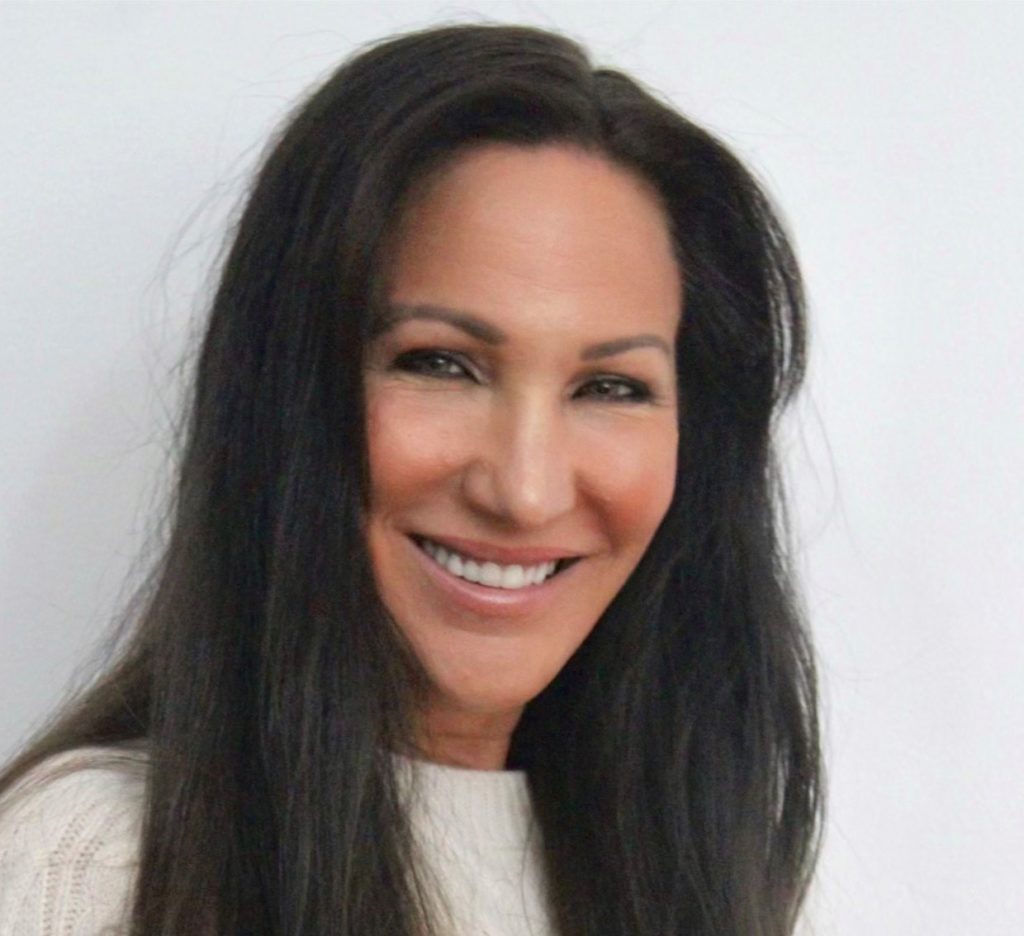
What is the most meaningful thing a caregiver can do to give support?
The most meaningful thing caregiver can do is to lend an ear. Give their time to listen without intention. Just be there.
What is the one thing caregivers should avoid when providing support?
The one thing caregivers should avoid when providing support is giving medical opinions, We are not doctors and should not be giving out medical advice.
Which type of support did you wish you would have received during treatment and recovery?
I wish I would’ve had someone to listen Someone who had been through it and could tell me a little bit of what they went through so I did not feel like I was alone, that is one of the worst things when going through difficult times is feeling alone.
What was the most helpful thing someone did for you during cancer treatment and recovery?
Some of the most helpful things someone did for me was help me with some of my responsibilities. I wasn’t able to cook for my family I wasn’t able to clean my house and have friends bring over meals and help out was a tremendous joy and relief.
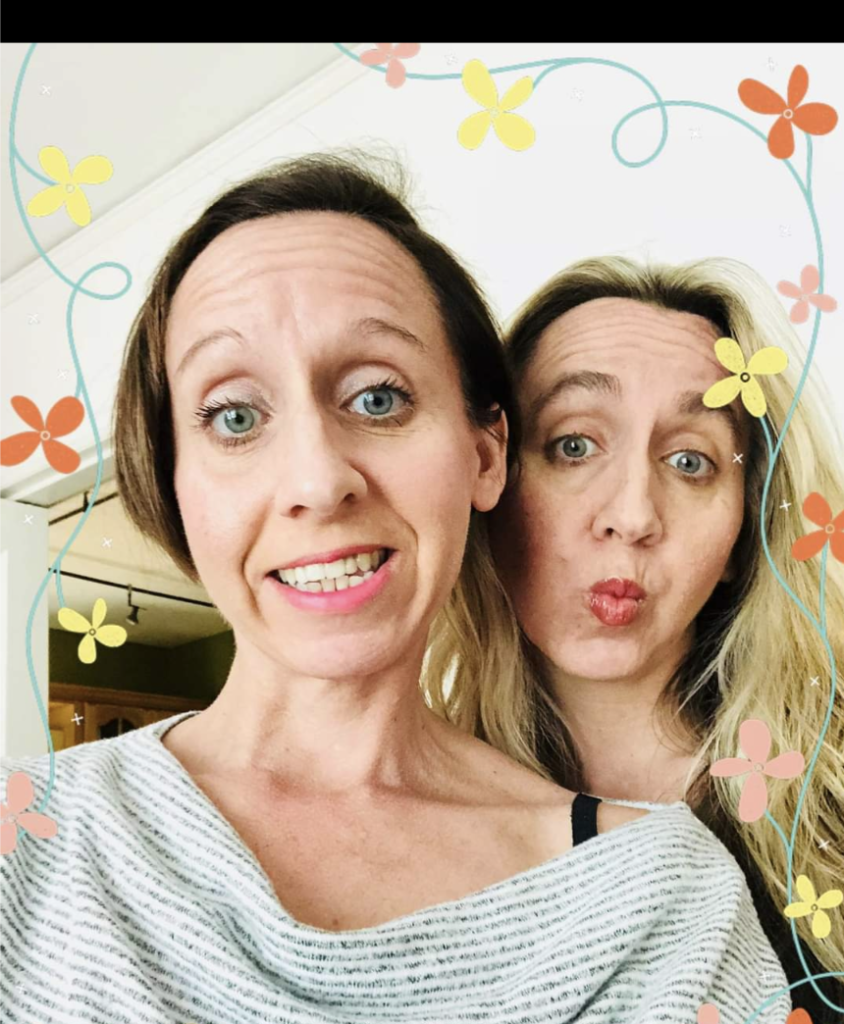
What is the most meaningful thing a caregiver can do to give support?
Wow! Your person has kidney cancer! Ok, now what? Stop, drop, and roll? No, that’s not right. Look both ways before crossing the street? Nope, not it either. Ah, I know, call all – nooo not it either. “Oh, wait, I know, Google.” Nooooo, definitely not it. So what’s left, what do i do to help? where do i turn? What do I say? What does this even mean? Well, kidney cancer seems to bring about more questions than answers, more confusion than understanding, and just a whole lot of “hokey pokey turn yourself around” kind of feelings. You hear and learn so much about other cancers, this one’s kind of a mystery. but guess what, that is ok. At the end of the day, there is just two things you need to know.
Be there and listen. Your person will be a ball of nerves. there is not a whole lot of familiarity surrounding kidney cancer and I think that may make it scarier. So listen. Listen when your person tells you they are scared to see what life is like with one kidney. Listen when they tell you they are unsure about the pain after surgery or the healing process. And then reassure them with things you can deliver like “I’ll be there for you” or “we’ll get through this together” or “tell me how I can help.”
After surgery, it’s important to be the rock. They will need you to be strong because right now they just can’t. So if your person is feeling like something is wrong, it’s not your job to be a doctor and start diagnosing. I know you watched Grey’s Anatomy and Chicago Med, but unfortunately that doesn’t qualify you as a doctor. So if they have questions for the doctor or they feel something “is just not right,” let them call the doctor if that makes them feel better and always let your person know they are doing an amazing job.
Healing may take longer than you want so don’t go “half in,” you have to go “all in,” and no matter what never let your need to go home and get back to “real world” impact your person. Healing is personal and everyone is different.
Also remember as far as medicine goes, humor really is the best.
For me, I changed my person’s contact picture in my phone to a picture of kidney beans so every time she called I would see a picture of kidney beans. Maybe cook a bowl of beans for dinner one day. Play kidney bean bag toss. Find opportunities to lighten the mood. Remember, your person just needs you to be you (but with a cape once in a while.) You got this!
1 thought on “Caregiving Tips From the Kidney Cancer Community”
I loved all the tips you have shared, you are right when you said. Be there and listen “I’ll be there for you” or “we’ll get through this together” or “tell me how I can help.”. This article was informative and I can’t wait for your next blog.